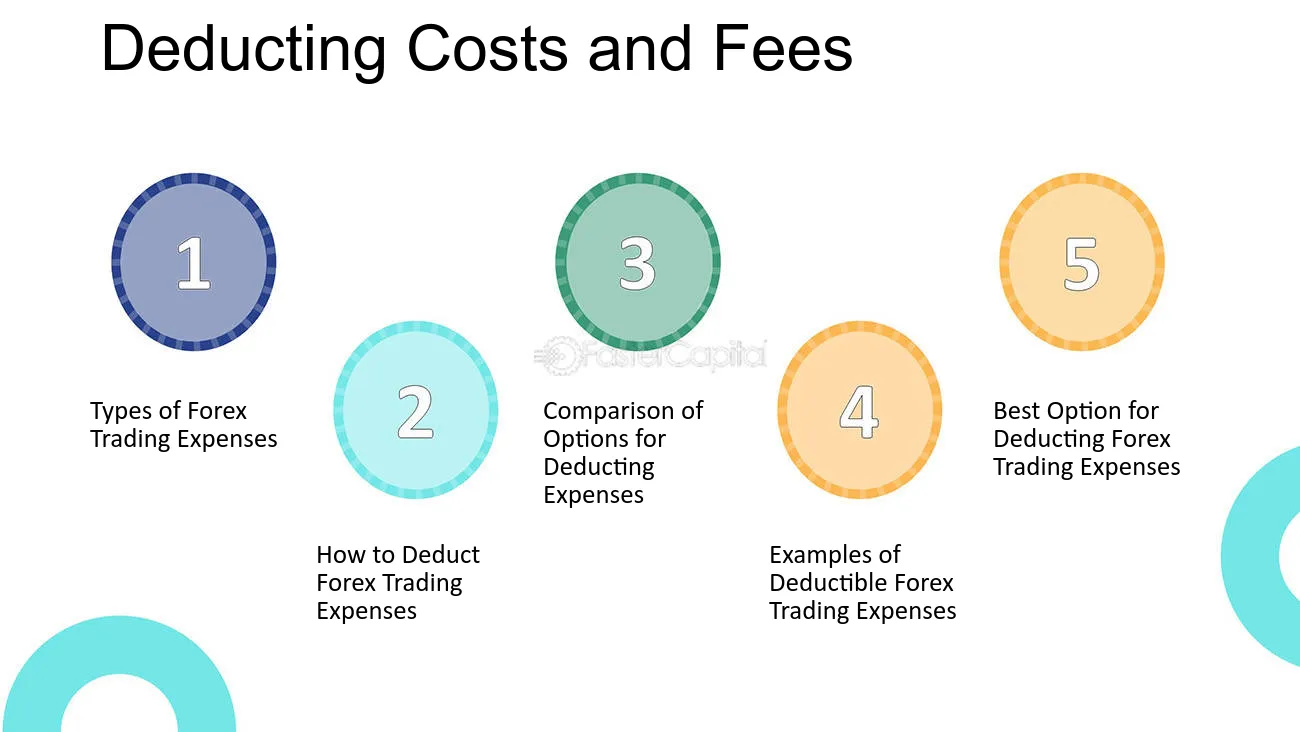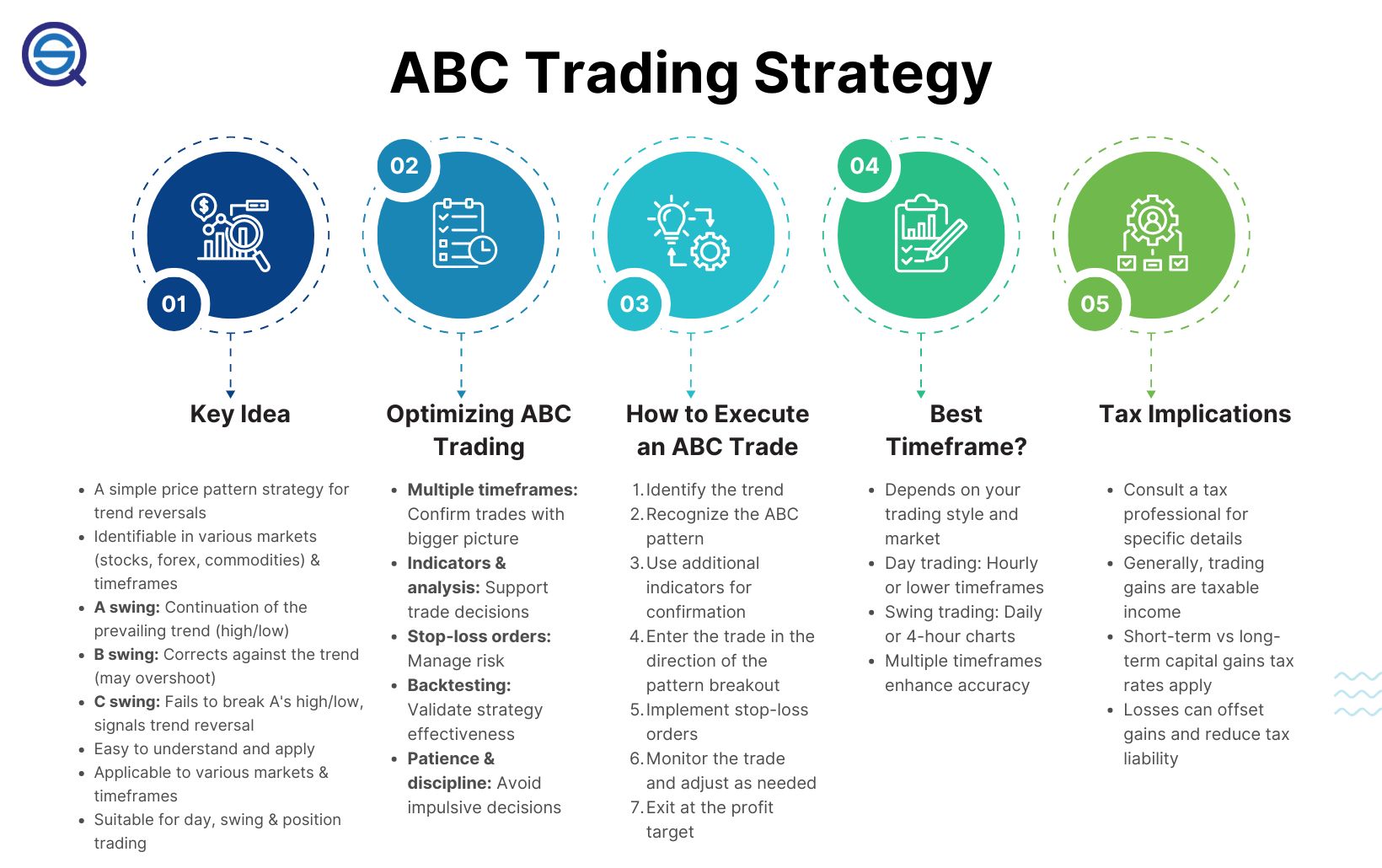Did you know that some people consider taxes to be more terrifying than a horror movie? While that might be an exaggeration, understanding the tax implications of Forex day trading is no joke. This article breaks down everything you need to know, from how Forex trading profits are taxed in the United States to the specifics of reporting these transactions. Learn whether your profits are classified as income or capital gains, the necessary forms for tax reporting, and the impact of trading losses on your tax bill. We also explore important topics like the wash sale rule, record-keeping requirements, and tax strategies tailored for Forex traders. Plus, find out how leverage and trading robots affect your tax obligations and what tax treaties might mean for you. With insights from DayTradingBusiness, you'll be equipped to navigate the complex world of Forex trading taxes confidently.
What are the tax implications of Forex day trading?
Forex day trading is generally treated as a business activity for tax purposes. Profits are taxed as ordinary income, while losses can offset gains. You may also qualify for the Section 1256 tax provision, allowing you to benefit from a lower 60/40 capital gains tax rate (60% long-term, 40% short-term). Be mindful of record-keeping for all trades, as accurate documentation is crucial for reporting. Additionally, consult a tax professional for specific advice based on your trading activities and local regulations.
How is Forex day trading taxed in the United States?
In the United States, Forex day trading is taxed under two primary methods: the 60/40 rule and the mark-to-market election.
1. 60/40 Rule: Gains and losses are treated as 60% long-term and 40% short-term, allowing for a lower tax rate on a portion of your earnings.
2. Mark-to-Market Election: This allows traders to treat all gains and losses as ordinary income, which can simplify the reporting process and potentially offset losses against other income.
You need to report your profits and losses on Schedule D and Form 8949 for capital gains. It's crucial to keep accurate records of all trades for proper tax reporting. Consult a tax professional for personalized advice based on your trading activity.
Are Forex day trading profits considered income or capital gains?
Forex day trading profits are generally considered ordinary income for tax purposes. This means they are taxed at your regular income tax rate, not the lower capital gains rate. If you qualify as a trader under IRS rules, you may also be eligible for mark-to-market accounting, which can further affect how your profits are taxed. Always consult a tax professional to understand your specific situation.
What forms do I need to report Forex trading on my taxes?
To report Forex trading on your taxes, you need to fill out Form 8949 to report capital gains and losses. Additionally, you’ll use Schedule D to summarize your total capital gains and losses. If you’re classified as a trader, you may need to file Form 4797 for ordinary income treatment. Keep records of all trades, including dates, amounts, and exchange rates for accurate reporting.
How do I calculate taxes on Forex trading profits?
To calculate taxes on Forex trading profits, follow these steps:
1. Determine Profit or Loss: Subtract your total trading losses from your total trading gains for the year.
2. Categorize Your Income: Forex trading profits are typically considered capital gains. In some jurisdictions, they may also be treated as ordinary income.
3. Apply Relevant Tax Rate: Use the appropriate tax rate based on your income level and how your profits are categorized. Short-term capital gains are usually taxed at your ordinary income tax rate, while long-term gains may have a lower rate.
4. Report on Tax Return: Use the correct forms for your country (like Schedule D in the U.S.) to report your Forex trading income.
5. Consider Deductions: If applicable, deduct any trading-related expenses to reduce your taxable income.
Consult a tax professional for specific advice based on your situation and location.
What is the wash sale rule for Forex day traders?
The wash sale rule for Forex day traders states that if you sell a currency pair at a loss and then repurchase the same or substantially identical pair within 30 days, the IRS disallows that loss for tax purposes. This means you cannot deduct the loss from your taxes, affecting your overall tax liability. It's crucial to track your trades carefully to avoid triggering this rule.
Can I deduct Forex trading losses on my taxes?

Yes, you can deduct Forex trading losses on your taxes. If you’re classified as a trader, you can report your losses on Schedule C, which may offset other income. If you’re considered an investor, you can deduct losses on Schedule D, limited to your capital gains. Keep detailed records of your trades to support your deductions. Always consult a tax professional for personalized advice.
How do different countries tax Forex day trading?
Countries tax Forex day trading differently. In the U.S., profits are typically taxed as ordinary income, while in the UK, Forex trading may be exempt from capital gains tax if it's considered gambling. Australia taxes Forex profits as income, and traders must report them in their tax returns. In Canada, Forex trading profits are also treated as business income. Some countries, like Singapore, have no capital gains tax, benefiting Forex traders. It's crucial to check local regulations, as tax laws can change frequently.
What are the tax implications of Forex day trading?
Forex day trading can have tax implications depending on your country. In the U.S., profits are typically taxed as short-term capital gains, which are taxed at ordinary income rates. Additionally, traders may qualify for Mark-to-Market accounting, allowing for different tax treatment. Always consult a tax professional for specific guidance related to your situation.
Learn more about: Understanding Forex Day Trading Markets
What record-keeping is required for Forex trading taxes?
For Forex trading taxes, you need to keep detailed records of all transactions. This includes dates, amounts, currency pairs traded, buy and sell prices, and any fees incurred. Track your account statements and maintain a log of profit and loss for each trade. Ensure you also document any conversions between currencies, as this can affect your tax calculations. It's essential to retain these records for at least three years to comply with IRS requirements.
Are there specific tax strategies for Forex day traders?

Yes, Forex day traders can use specific tax strategies to optimize their tax obligations. One key strategy is to elect Section 475(f) to be taxed as a trader, allowing you to deduct trading losses against ordinary income. Additionally, traders can mark-to-market accounting, which simplifies reporting and allows for easier loss deductions. Keeping accurate records of all trades is crucial for maximizing deductions and minimizing audits. Lastly, consider using tax-advantaged accounts like IRAs for trading, which can defer taxes on gains.
How does the IRS classify Forex trading activities?
The IRS classifies Forex trading as either capital gains or ordinary income, depending on how you trade. If you trade as a business, profits are taxed as ordinary income. If you qualify for Section 1256, Forex trades are taxed at a 60/40 split between long-term and short-term capital gains rates. Keep detailed records of your trades for accurate reporting.
What happens if I don’t report Forex trading income?
If you don’t report Forex trading income, you could face serious tax implications. The IRS requires you to report all income, including gains from Forex trading. Failing to do so may result in penalties, interest on unpaid taxes, or even an audit. In extreme cases, it could lead to legal action or tax evasion charges. Always consult a tax professional to understand your obligations and avoid these risks.
Can I avoid double taxation on Forex trading profits?
Yes, you can avoid double taxation on Forex trading profits by ensuring you understand tax treaties between countries and claiming foreign tax credits. If you're a U.S. citizen trading abroad, report your income on your tax return and utilize the Foreign Earned Income Exclusion if eligible. Keep accurate records of your trades and any taxes paid to foreign governments to support your claims. Consulting a tax professional familiar with Forex trading can help optimize your tax strategy.
How does leverage affect my tax obligations in Forex trading?
Leverage in Forex trading amplifies both your profits and losses. Higher leverage can lead to larger gains, but it also increases your risk exposure, which can affect your overall tax obligations. In many jurisdictions, profits from Forex trading are taxed as capital gains or ordinary income, depending on your trading frequency and strategy. If leverage results in significant gains, you may face a higher tax rate due to increased income, while losses can sometimes offset gains, potentially lowering your tax burden. Always consult a tax professional to understand how leverage impacts your specific situation.
What are the tax implications of using Forex trading robots?

Using Forex trading robots can have significant tax implications. Profits generated from Forex trading are generally considered capital gains, subject to taxation based on your country's tax laws. In the U.S., for example, short-term gains (positions held for less than a year) are taxed as ordinary income, while long-term gains may benefit from lower rates.
Keep accurate records of all trades, as this documentation is crucial for calculating gains or losses. If your trading robot results in frequent trades, you may also be classified as a trader rather than an investor, which can change your tax treatment. Consult a tax professional for personalized advice based on your specific situation.
How do tax treaties impact Forex day trading taxes?
Tax treaties can significantly impact Forex day trading taxes by determining how profits are taxed in different jurisdictions. These agreements often prevent double taxation, allowing traders to pay taxes only in their country of residence or at a reduced rate. Additionally, tax treaties may provide specific rules on capital gains and income classifications, affecting how Forex profits are reported. Traders should consult the relevant treaty provisions between their country and the country of their broker to understand their tax obligations fully.
Learn about How to Use Charts for Forex Day Trading
Conclusion about Tax Implications of Forex Day Trading
Understanding the tax implications of Forex day trading is crucial for optimizing your trading strategy and ensuring compliance. Profits from Forex trading are generally classified as ordinary income or capital gains, depending on your trading approach, and it’s essential to maintain accurate records for reporting. By familiarizing yourself with tax forms and regulations, including the wash sale rule and potential deductions for losses, you can effectively manage your tax obligations. For tailored guidance and strategies specific to Forex trading, consider leveraging the expertise of DayTradingBusiness to navigate these complexities confidently.